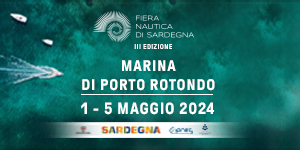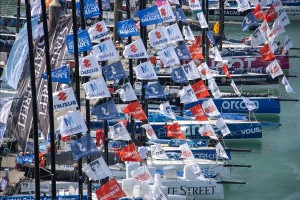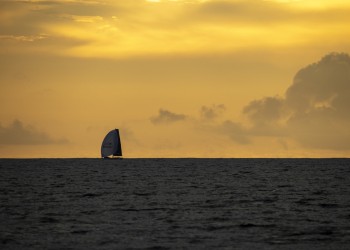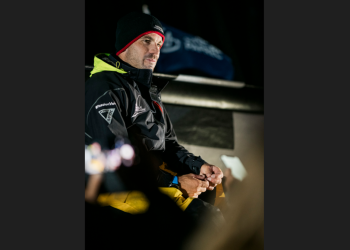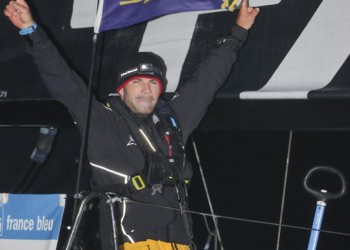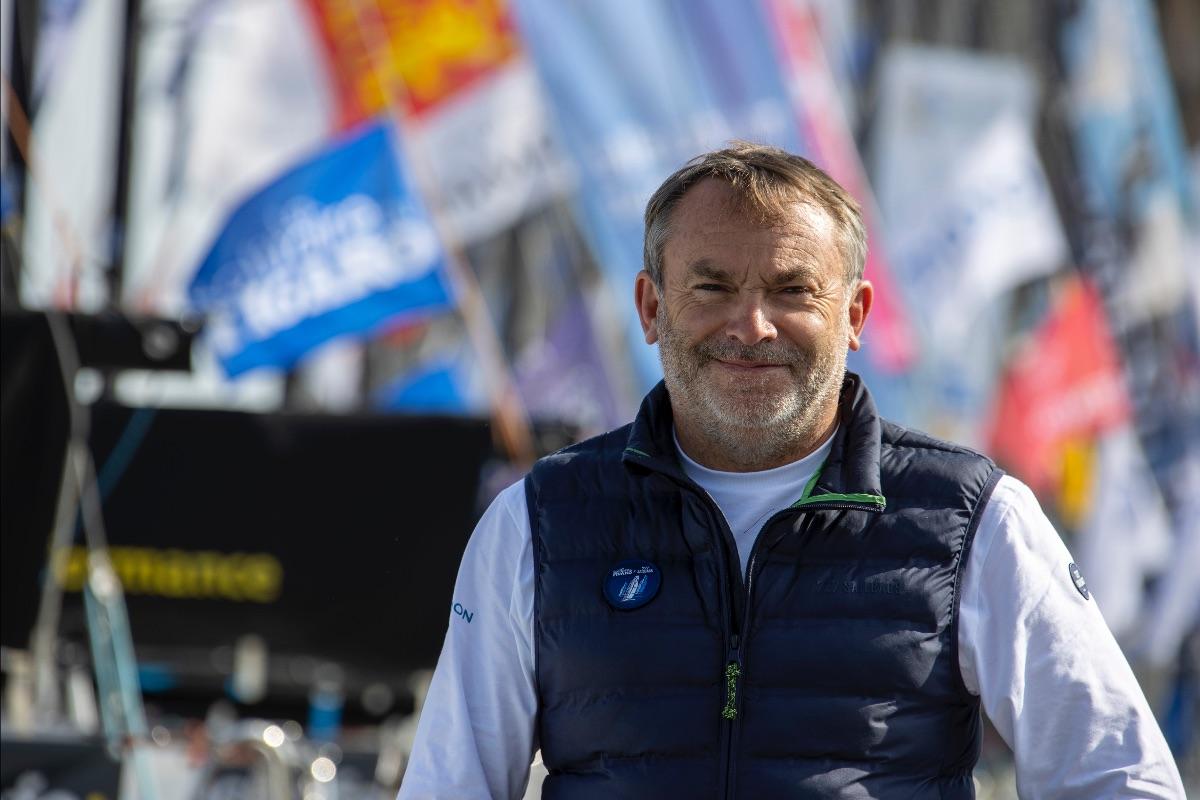
Francis Le Goff / Copyright : Alexis Courcoux - La Solitaire du Figaro 2021
Half time with Race Director Frances Le Goff and Dalin Reflects
Francis Le Goff has five years of experience as Race Director of La Solitaire du Figaro. He is responsible for the sailors' safety on the water, for setting and delivering the courses and making sure racing is as fair and equable as possible across the board, delivering a race which fits for the first-time rookies as well as the old hands who maybe have more than ten races under their belts.
He is backed up by Yann Chateau and Pierre Hays as assistants. On the water, at any one time he has three guard boats looking after the fleet and he operates from one of them. Le Goff lives the rhythm of the race when he is on the water, talking and listening to all the skippers as often as possible, measuring the mood and approach of each skipper. Le Goff gives a few half time pointers:
From the sports perspective how do you evaluate the first two stages?
"Pierre Quiroga is impressive because he has made two really strong stages back-to-back, second on the first stage and winning the second. He did his own thing at times and sailed in a very uninhibited way just in front of a very closely matched, intense group. Some are much more comfortable in managing the weather systems than purely racing the boat fast. Some are looking forwards now to the third stage, which will be more tactical. The first two stages were more geared towards speed and techniques, with some small strategic plays, especially the passage of the Channel Islands, but it was a lot about speed."
What about the damage, has there been much to worry about?
“There were several collisions with floating objects which damaged the rudders of Violette Dorange (Devenir) and Corentin Horeau (Mutuelle Bleue pour l’Institut Curie) and the foils of Benoît Mariette (Générations Senioriales), some worries about electronics, in particular because of the very fast reaches and things got very wet during the first part of the second stage. Benoît Mariette (Générations Senioriales) and Xavier Macaire (SNEF Group) had problems here, but there have been others. The electronics and software suffered a lot in these first two stages but of course there were damaged sails, exploded spinnakers and stuff like that. These stages were wet, windy, fast!"
And on the human side?
“These two big stages exhausted the sailors and many arrived in Fécamp extremely tired. One of our roles is then to make sure that they manage to bring their boat back to the pontoon safely once they have crossed the line. We take care of the most tired whom we sometimes guide to the port, because they no longer know where they are at all.”
And on the rookie side, what can we say?
“Gaston Morvan (Bretagne - CMB Espoir) is a fair bit ahead of the others for the moment. He has been brought up in the world of La Solitaire du Figaro (ed note: his father did 22 La Solitaire du Figaros) since his earliest childhood. He has a good technical background. He dominates the other rookies but these two stages have been good for him. The next stages are more open.”
What does the support boats system consist of?
“It is first and foremost a guarantee of a high level of safety as there are young rookies, we have passages close to rocks and there are incidents, such as the fishing net that got stuck in the keel of a competitor on the first stage. That skipper was not in danger, but our assistance from one of the guard boat ensure the incident did not escalate and no further outside help was required. We have three guard boats around the fleet all the time. These support boats transmit the weather reports by VHF, and the rankings twice a day. The system is based on three boats so that all the competitors, those at the front as well as those at the rear, have the same information at the same time. It is a guarantee of sporting fairness. When the fleet is too fragmented and some solo sailors are not within VHF range, onshore race management take over and contacts them by iridium phone.
La Solitaire operates with sailors racing with very, very little sleep. A Vendée Globe skipper sleeps ten times more per day than a La Solitaire du Figaro skipper. On certain stages, the sailors are really in the red. Our guard boats and their comms allow us to monitor this fatigue. "
How exactly is this monitoring of the fleet ensured?
“We are on 24 hours a day and it’s primarily audio. At sea, the director has the tracking and the nav station just 30 cm from his bunk and the VHF right at his ear. During a stage he does not sleep much and lives the rhythm of the sailors. It is a question of listening to the voice of the sailors, which makes it possible to detect immediately if there is a problem, if there is tension. Knowing and listening to sailors is fundamental. "





